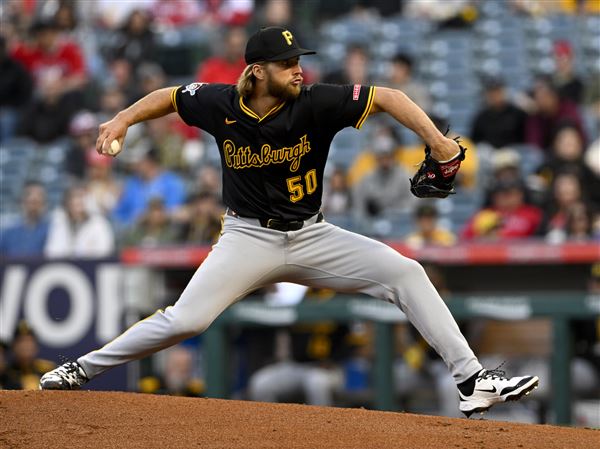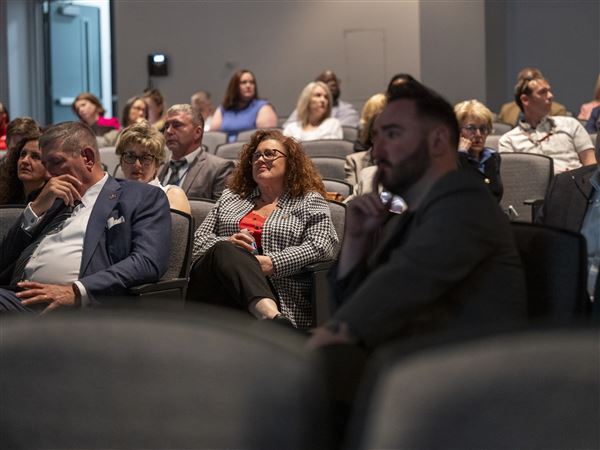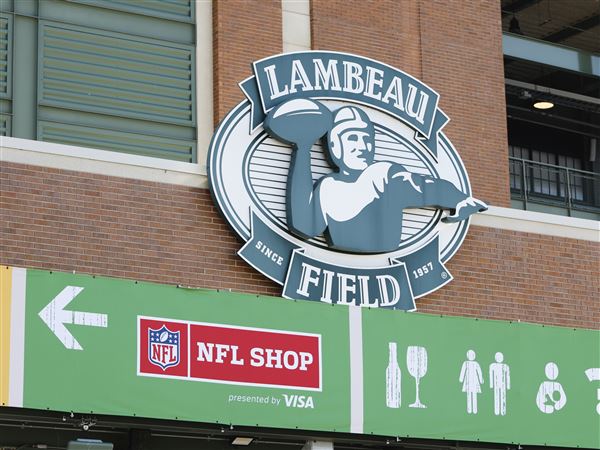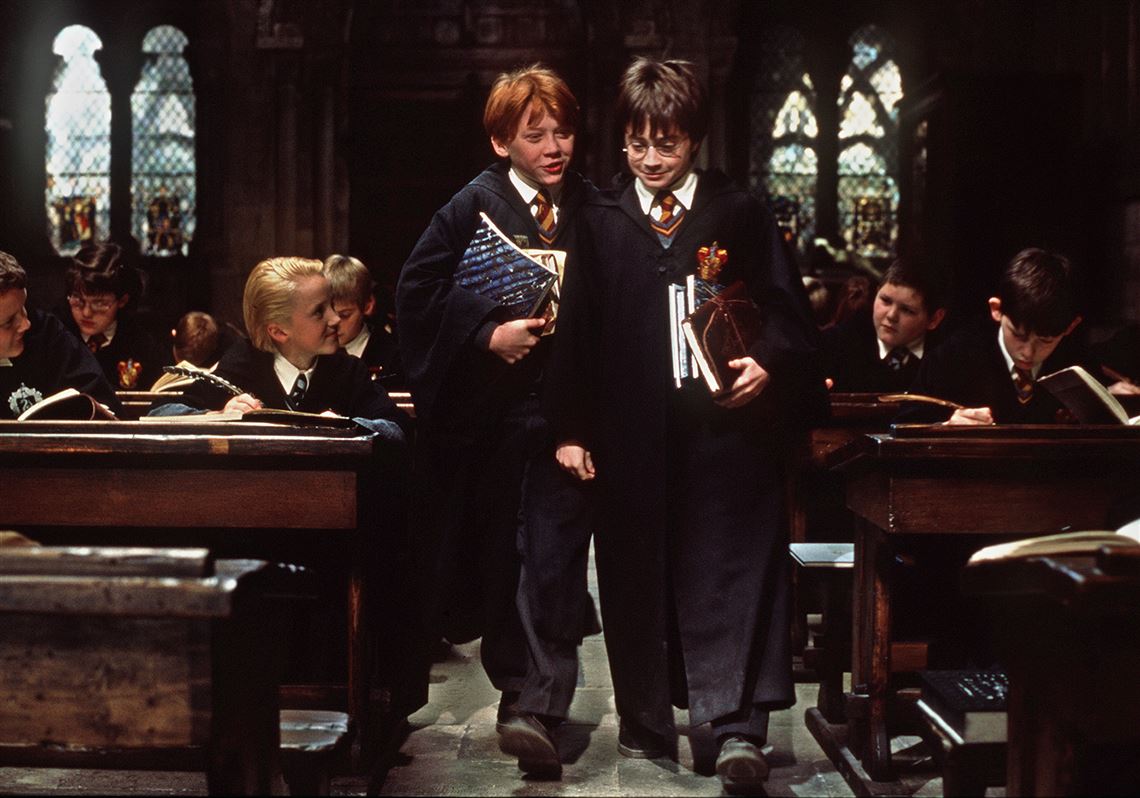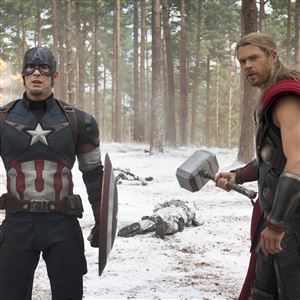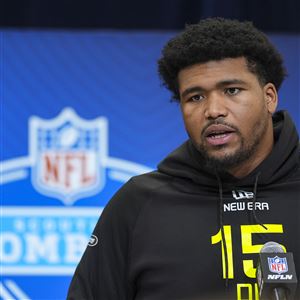Music and magic are quite similar.
If we generically define magic as the ability to influence a course of events through supernatural or mysterious forces, music’s uncanny ability to sway emotions and make us feel starts to sound a bit mystical, doesn’t it?
On Thursday, the Pittsburgh Symphony Orchestra delivered a bloody brilliant (couldn’t resist) performance of John Williams’ soundtrack to “Harry Potter and the Sorcerer’s Stone” as the film was projected onto a theater screen in Heinz Hall. PSO associate conductor Andres Franco led the musicians with a wand of his own, conjuring some of the most thunderous applause I’ve yet heard in Heinz Hall with simple swishes and flicks.
These sorts of soundtrack performances are becoming increasingly common, with other blockbusters like “Star Wars,” “Lord of the Rings” and other Potter films routinely selling out symphony halls all over the world.
I wondered before attending whether the experience would feel gimmicky or canned. It didn’t. Rather, the live music amplified the film’s emotional scale to epic proportions, drawing attention to Mr. Williams’ ingenious use of motif and melody. In this first soundtrack, he makes liberal use of the English horn, and the PSO’s own Harold Smoliar delivered those famous refrains with a keen, penetrating tone, employing just the right amount of poignancy and sentiment. Mr. Franco kept the orchestra nigh perfectly in sync with the film while still allowing time for expression and nuance, particularly impressive during the quidditch sequences, with those quick, bright wind and brass melodies and flourishes.
The only detraction was that the orchestra was amplified, which is customary for these sorts of performances (and contractually obligated by Warner Bros. in this case) to help balance the levels of the onscreen voices and sounds and the orchestra. I’m curious whether this is actually necessary, especially with an orchestra of this caliber — the sound system had the musicians sounding a touch tinny and processed at times.
The themes in Harry Potter have worked their way into the global collective consciousness, the zeitgeist, as it were. Orchestras tapping into this aspect of pop culture rather than just the traditional show tunes or rock and pop compendiums is not just lucrative (Friday’s performances sold out Heinz Hall’s more than 2,600 seats, and Thursday very nearly did). It’s necessary.
For many listeners in the hall — a good number of them sporting their house colors — this was there first exposure to a live symphony orchestra. And judging from the enthusiasm of the audience response, it was quite a positive introduction.
Does this mean that these first timers will immediately purchase tickets to a classical concert? Probably not. But it plants a seed and imprints the idea that orchestras can can give you a visceral, exciting experience. And in this Ravenclaw’s opinion, that’s a very good thing.
Jeremy Reynolds: jreynolds@post-gazette.com or 412-263-1634; twitter: @Reynolds_PG. Mr. Reynolds' work at the Post-Gazette is supported in part by a grant from the San Francisco Conservatory of Music, the Getty Foundation, and the Rubin Institute.
First Published: July 27, 2018, 7:50 p.m.
